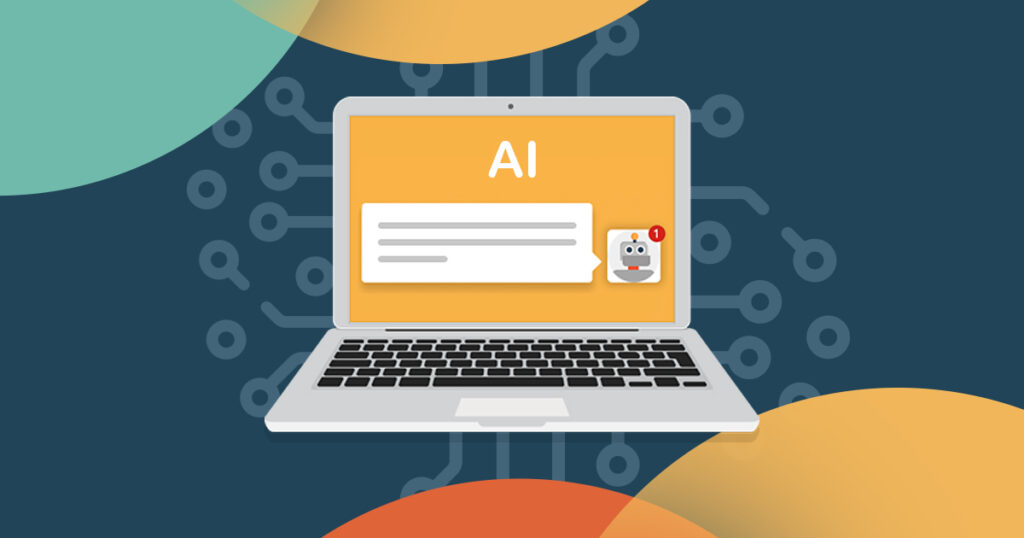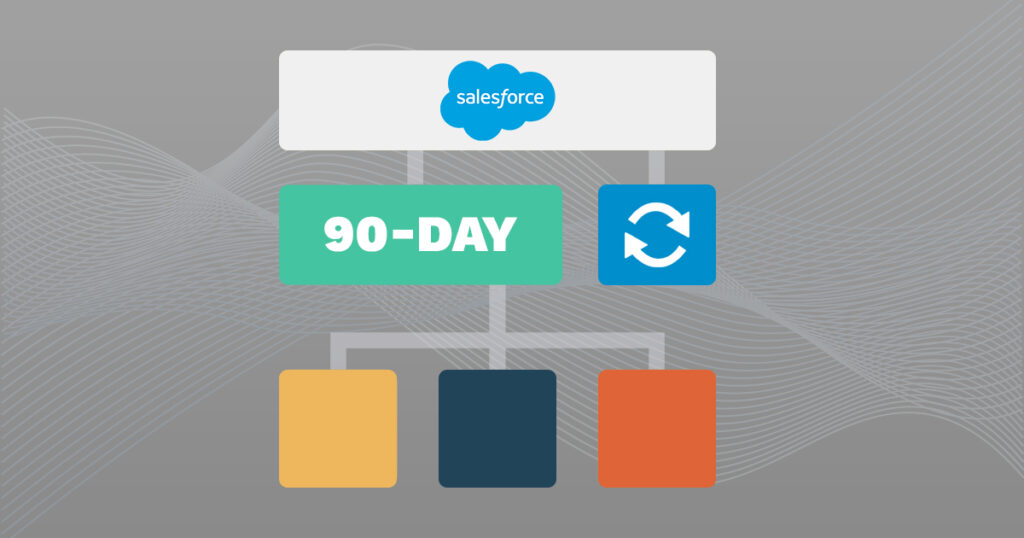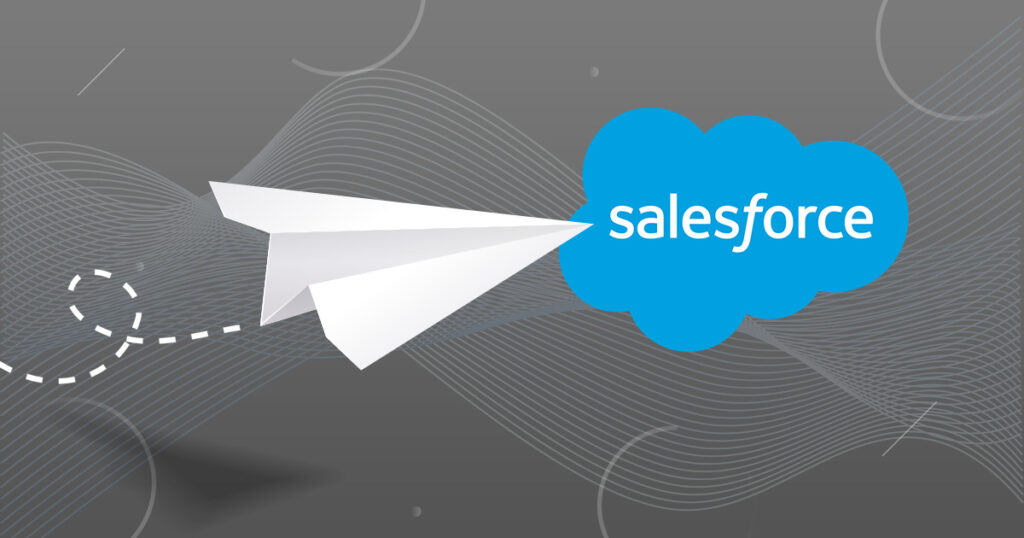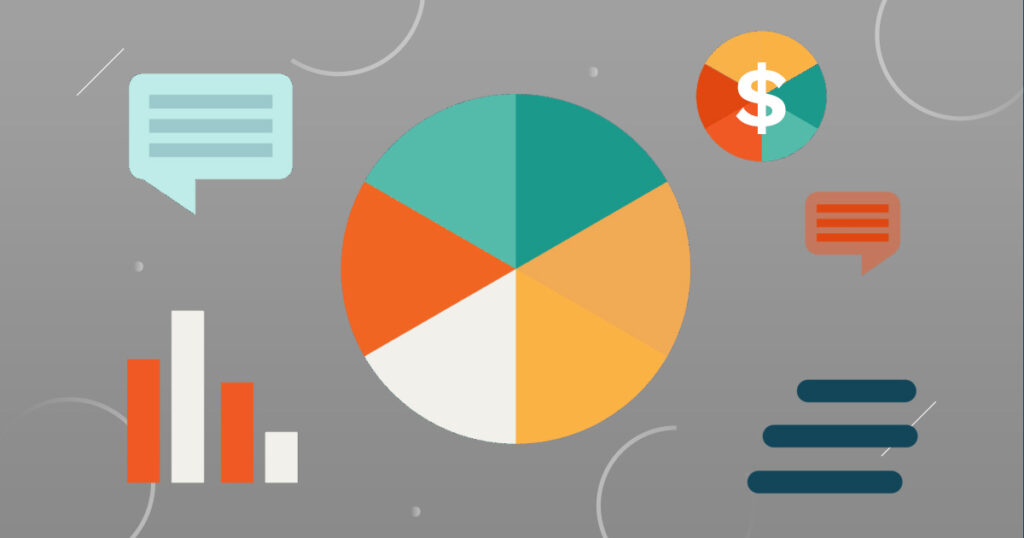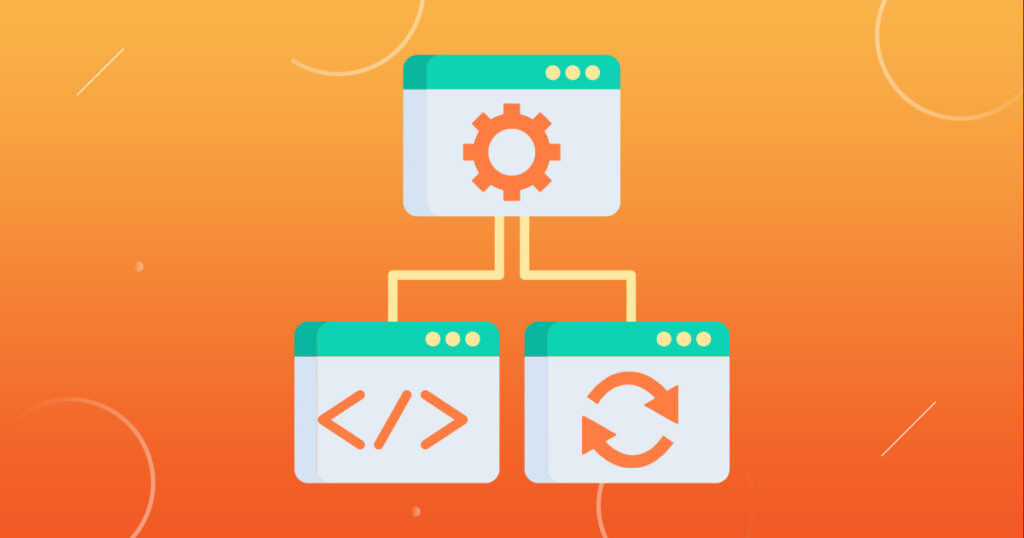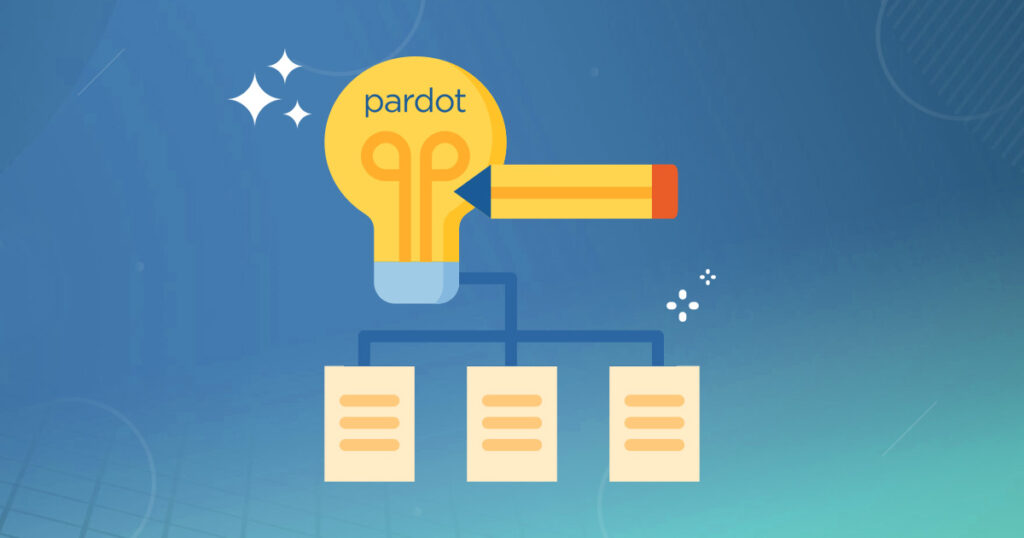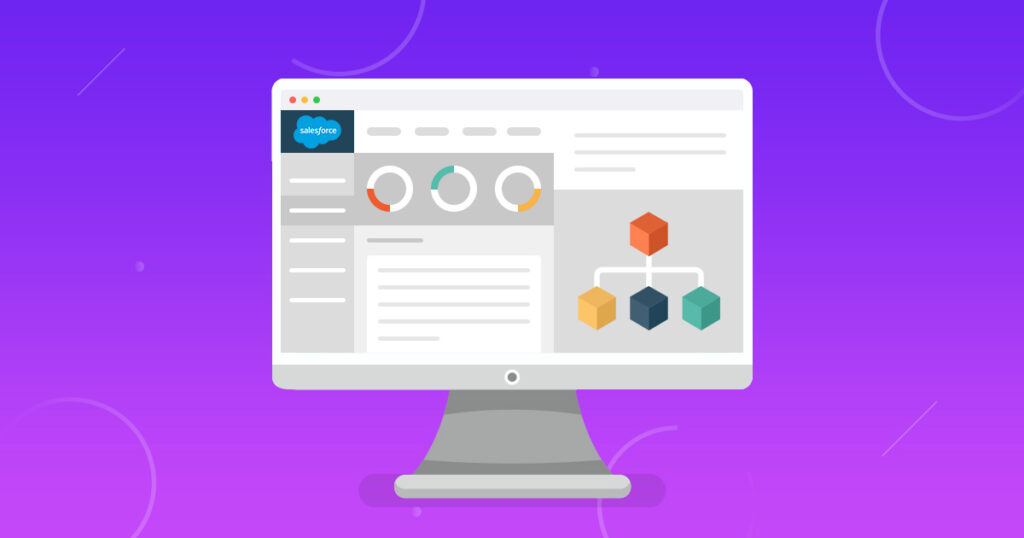Marketers used to add a first name in an email and call it “personalized,” but those days are gone.
Artificial intelligence (AI) makes it possible to personalize content at scale dynamically.
Today, advanced CRM platforms now tap into big data, predictive analytics, and machine learning to anticipate what each customer wants before they even ask.
In a world where 71% of consumers expect tailor-made experiences, these AI insights have become essential for standing out from competitors and building true loyalty.
- Retail: Clothing stores and direct-to-consumer retailers use AI personalization to recommend products based on past purchases, browsing behavior, and even local weather—driving higher basket sizes and repeat purchases.
- Financial Services: Banks and insurance providers leverage AI to analyze transaction patterns and life events, suggesting the next relevant product (like a loan or policy). Customers benefit from proactive, customized financial advice, boosting loyalty and conversions.
- Travel & Hospitality: Airlines, hotels, and resorts leverage AI to tailor recommendations—such as room upgrades or activity packages—based on a traveler’s history and preferences. This real-time personalization encourages bookings, upsells, and stronger loyalty.
- B2B & Enterprise: In complex sales cycles, personalization means understanding each account’s pain points and sending content that speaks directly to those challenges. Predictive lead scoring helps sales teams focus on the best opportunities first, while AI-driven chatbots and automated workflows streamline top-notch service.
Salesforce: Einstein AI and Real-Time Personalization
Salesforce has invested heavily in its AI engine, Einstein, to anticipate customer needs and deliver proactive, hyper-personalized interactions across sales, service, and marketing. For example, Salesforce reports a 200% increase in conversions among financial services clients using Einstein’s predictive insights. The possibilities are nearly endless—but here are a few of the capabilities of this powerful tool:- Predictive Scoring: Einstein ranks leads and deals by their likelihood to convert, helping sales teams prioritize high-value opportunities. Backed by machine learning, this scoring flags which accounts may be at risk of churn or which leads are most likely to respond, so reps can intervene early or upsell at just the right time.
- Next Best Action: Salesforce’s AI recommends relevant offers, promotions, or retention strategies in real time. For example, Einstein might suggest a sales rep bundle a complementary product or extend a loyalty incentive to a customer who’s shown signs of disengagement.
- Data Cloud (formerly Customer 360): By unifying data from multiple channels into a single profile, Salesforce empowers teams to deliver timely, 1:1 experiences. The system draws on everything from past purchases to browsing patterns to craft tailored campaigns—personalized emails, dynamic website content, and much more!
HubSpot: Predictive Scoring and Content Personalization
HubSpot seamlessly integrates AI-driven features into its sales and marketing platform, enabling teams to provide more relevant, effective outreach at scale. For example:- Predictive Lead and Deal Scoring: HubSpot’s machine learning analyzes hundreds of data points—such as email engagement, site visits, and past outcomes—to gauge the likelihood of a lead converting or a deal closing. Sales reps can then direct their energy toward the most promising prospects.
- AI-Driven Segmentation: The system goes beyond basic list filtering by clustering contacts based on shared behaviors or purchase patterns. This allows marketers to tailor campaigns, timing, and content for each unique group, a practice proven to improve ROI by up to 20%.
- Personalized Content & Automation: HubSpot’s AI can pinpoint the ideal send times and recommend product or blog content suited to each contact’s browsing history. Automated workflows then adapt in real time—if a prospect repeatedly clicks on Topic A, they’ll receive more targeted messaging related to that interest, shortening the sales cycle and boosting conversions.
- Unify Customer Data: Fragmented data leads to fragmented experiences. Start by breaking down silos so you have a single, accurate view of each customer. This often involves consolidating multiple databases or systems into one source of truth. Clean, comprehensive data is non-negotiable—without it, AI predictions and personalization efforts risk being irrelevant or even counterproductive.
- Use AI for Predictive Insights and Next-Best Actions: Today’s CRMs come equipped with powerful built-in AI models for tasks like lead scoring, churn prediction, and recommended offers. The real game-changer is automation: set up rules that dynamically adapt to your customers’ actions in real time, so the perfect offer or message is delivered precisely when it’s needed. Embracing this level of AI-driven agility not only boosts engagement but also frees your team to focus on more strategic, high-value work.
- Refine Segmentation: While the ultimate goal is true one-to-one personalization, it often makes sense to begin with AI-driven micro-segmentation—grouping customers by behavior patterns, purchase history, or even predicted lifetime value. As your models grow more accurate, you can hone in on each individual’s evolving preferences. Constantly retrain your AI models to keep pace with shifting customer behaviors and market changes.
- Personalize Across the Entire Journey: Customers don’t think in channels—they think in experiences. Whether they’re scrolling social media, browsing your website, or talking to a chatbot, each touchpoint should feel like part of a cohesive narrative. Invest in integrated AI-driven systems—recommendation engines, chatbots, marketing automation—that keep context consistent and build on previous interactions. This kind of seamless, omnichannel personalization creates the trust and familiarity that drive repeat business.
- Measure, Iterate, and Maintain Trust: Personalization efforts should be as transparent as they are data-driven. (Remember, we want to leverage AI ethically!) Track conversion uplifts, retention rates, and other KPIs to gauge success, then iterate based on your findings. Equally important, be open about how you collect and use personal information. Provide customers with clear options to manage their preferences. By proving that your AI insights genuinely add value—rather than just pushing extra sales—you’ll earn the trust that builds long-term customer loyalty.
In the rest of 2025 and beyond, hyper-personalization will become the standard for competitive customer engagement.
As AI matures, we can expect fully automated, real-time personalization that frees human teams to focus on creativity and relationship-building.
For businesses that commit to data integration, AI-driven insights, and responsible data use, the payoff is huge: loyal customers who feel truly understood—because in the end, that’s what personalization is all about.
Looking for Salesforce consulting expertise from a North American-based team?
At CRM Forge, we tailor our services to fit your needs—whether it’s by-the-hour support or a fully managed solution—so you can quickly tap into the specialized guidance that keeps your Salesforce environment running smoothly. Contact us for a consultation!

